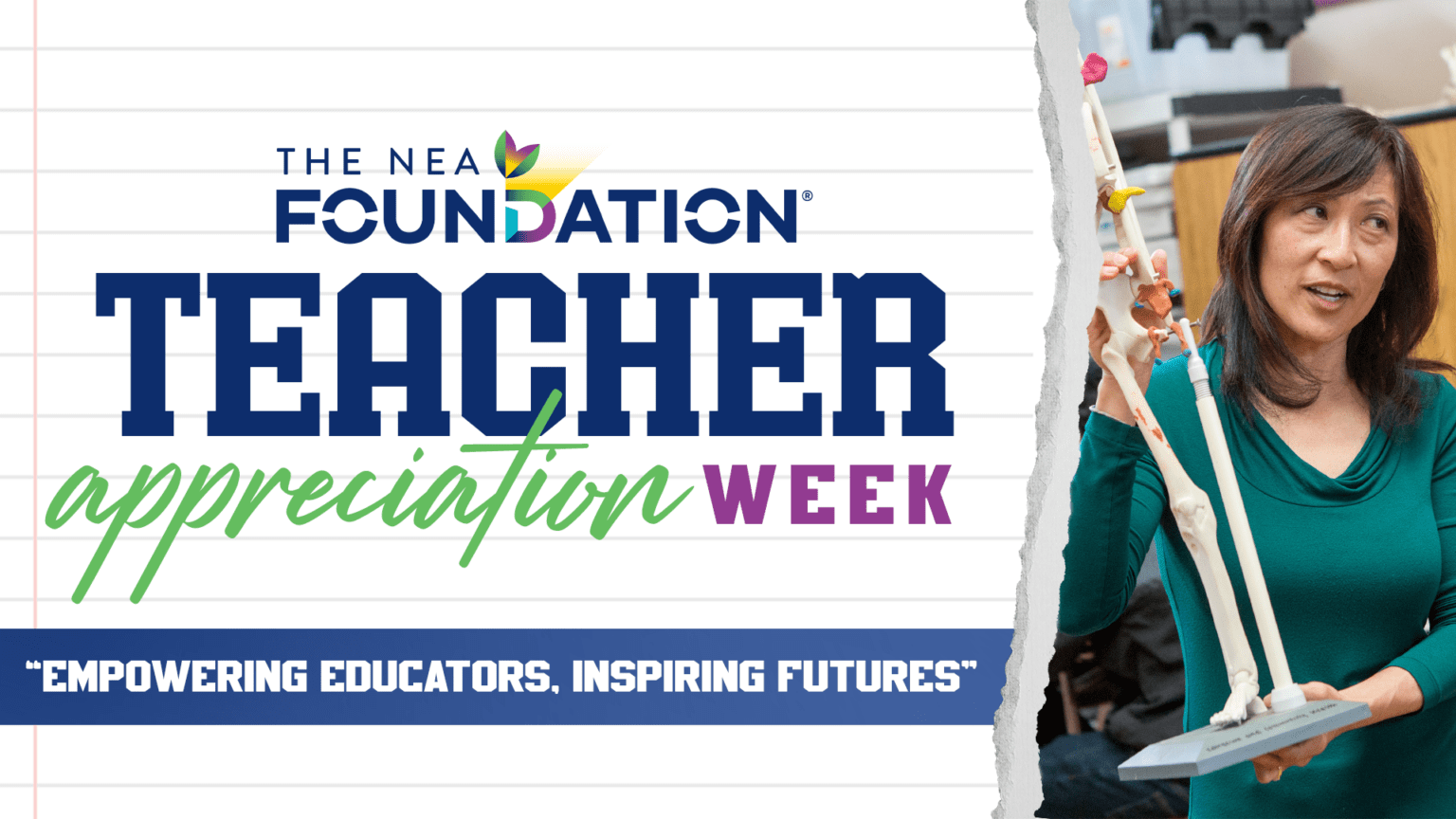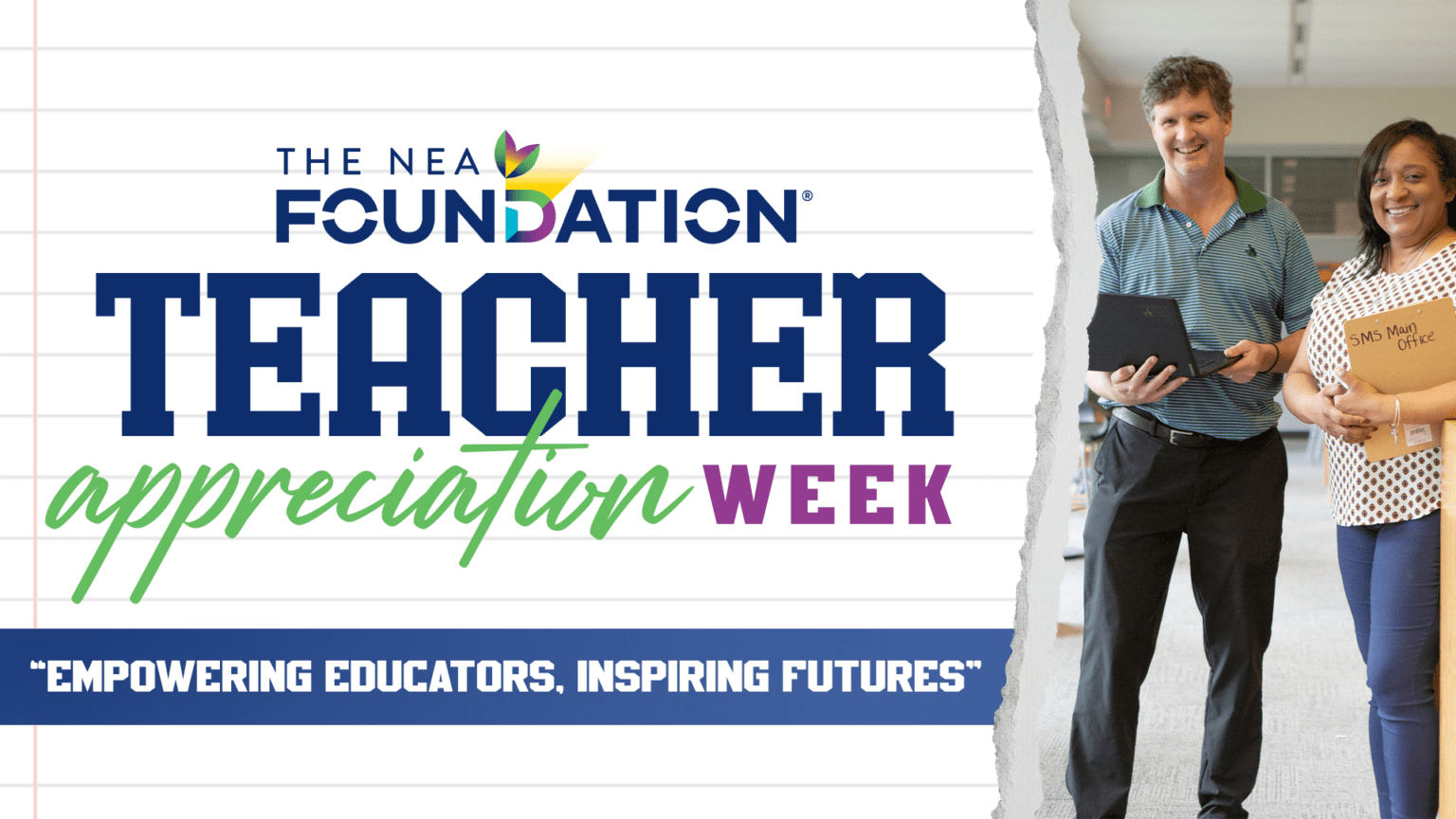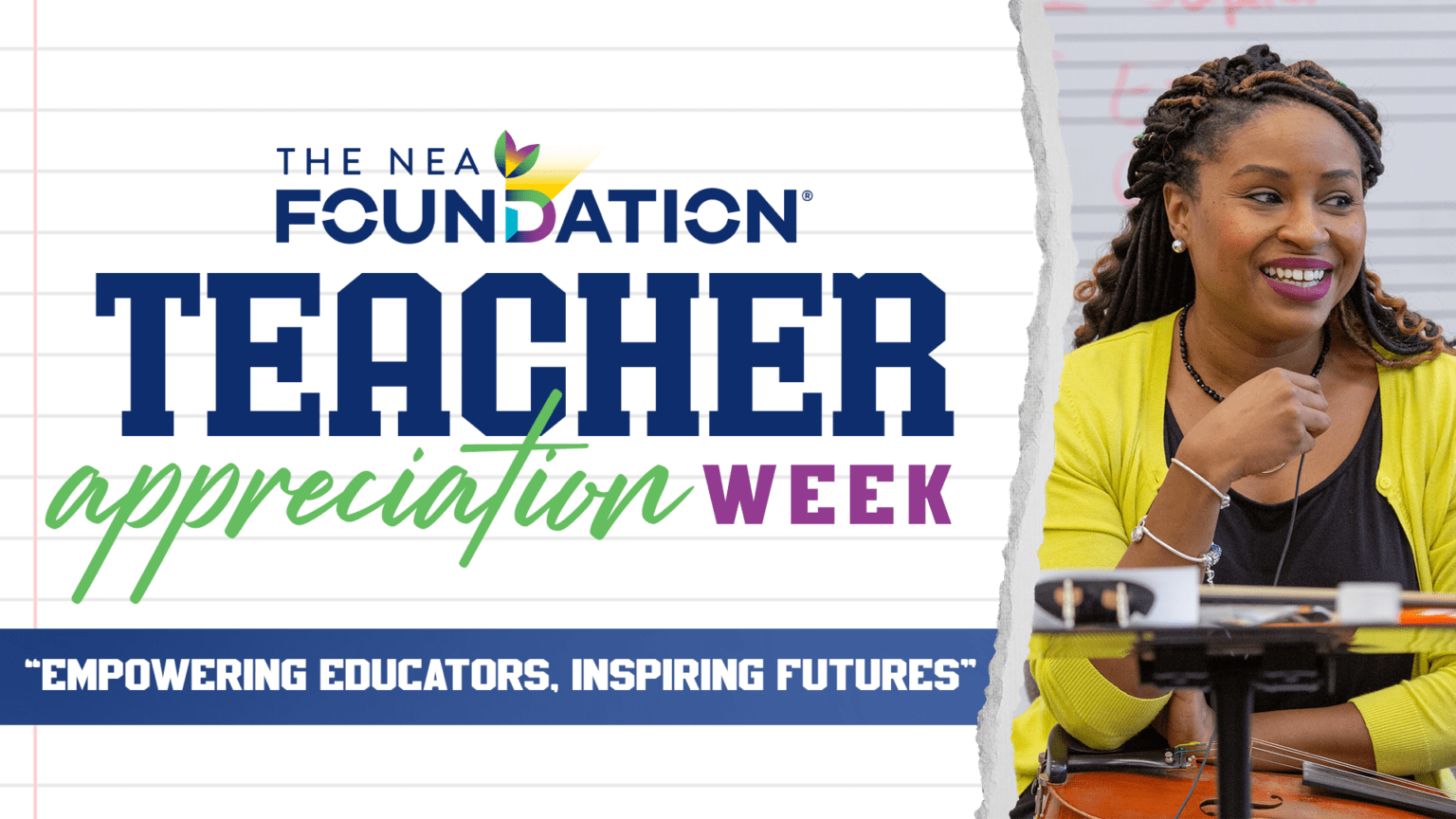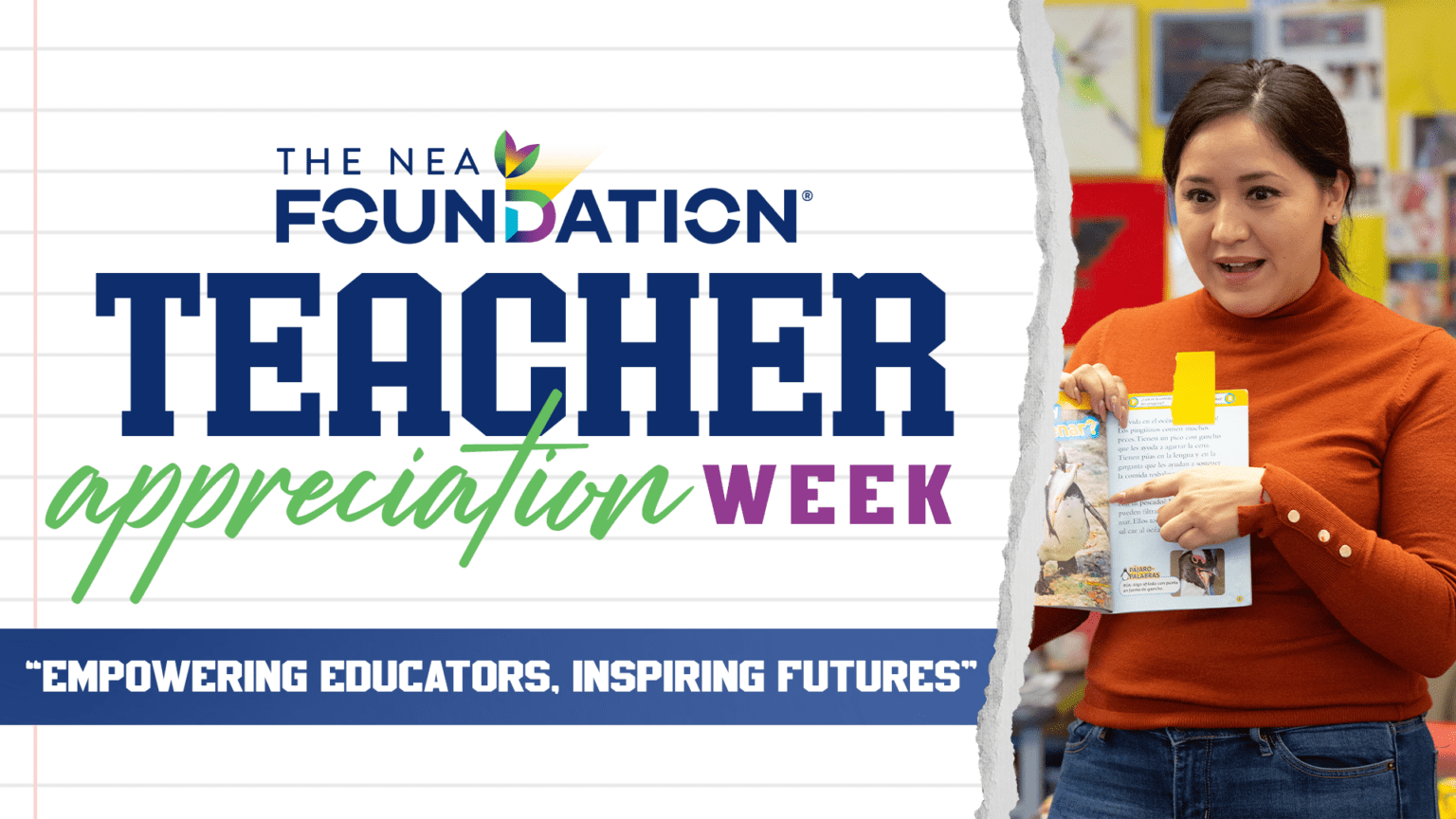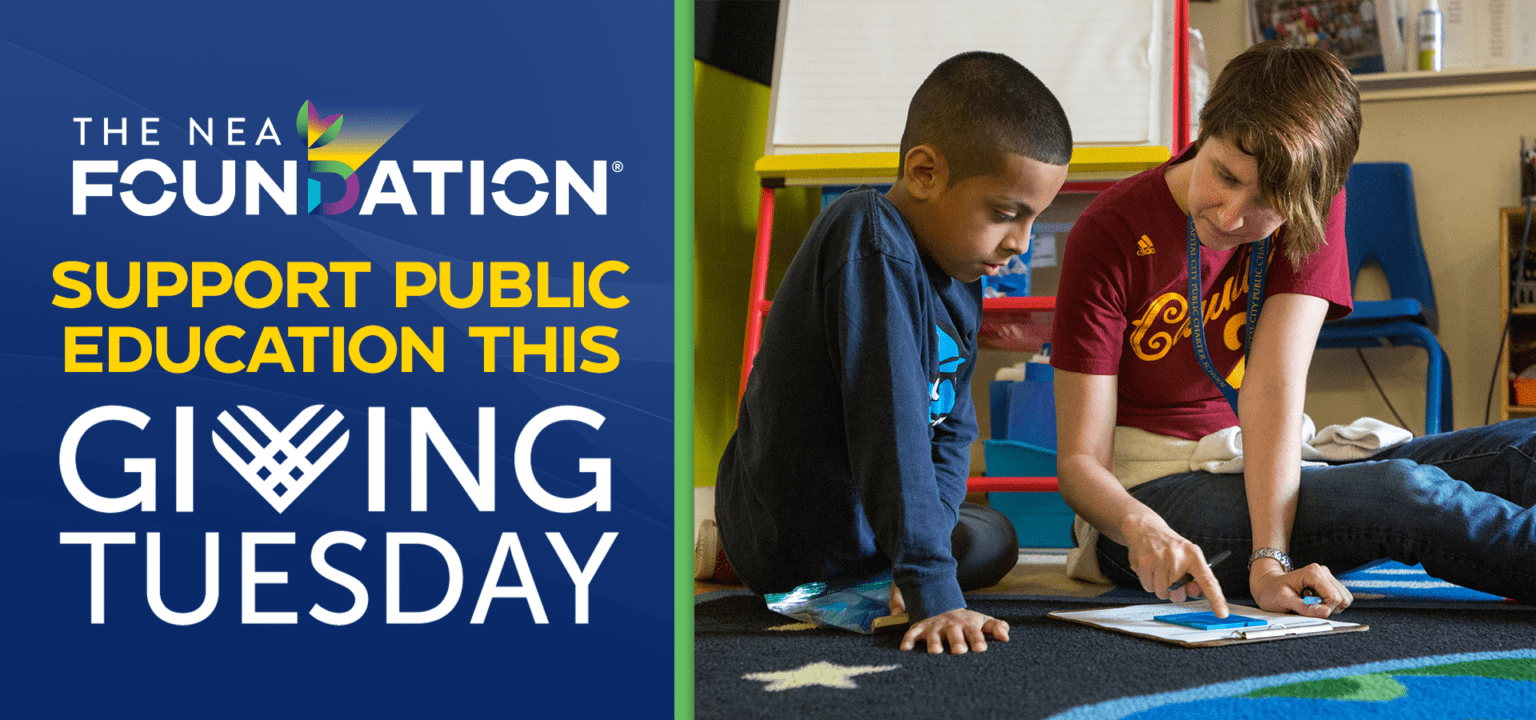
This blog series spotlights current teams of the NEA Foundation Institute for Innovation in Teaching & Learning. The Institute supports the collaborative efforts of these teams of local unions and school district leaders by focusing on a single issue, providing a dedicated coach, and sharing online curriculum on how to lead change and reform.

What did you hope to accomplish by joining the NEA Foundation Institute for Innovation in Teaching and Learning?
West Springfield Public School District and West Springfield Education Association are jointly committed to providing successful learning environments for students. That means effective working environments for all educators. Participation in the Institute is an opportunity to expand our collaboration, especially with a focus on building an enhanced academic program. The Institute coach provides us with guidance and direction from an objective and constructive perspective.
What specific need in your schools or community influenced your (two-year?) plan?
Our Institute project was designed to address an issue that we began to see— the adults did most of the talking in classrooms. Our goal was to improve learning by increasing student engagement through learning conversations. In this program, educators work with students to build vocabulary, provide experience in the art of conversation, and participate in collaborative learning. Perhaps most importantly, we are teaching students to become responsible for their own learning.
Tell us about a moment when you saw students (or teachers) benefit from your work together.
After a site-based visitation of several elementary classrooms, one educator said, “Students were actively engaged in conversations using content-rich vocabulary while defending and explaining their opinions.”
We are making great progress through our jointly-developed, in-house teacher-led professional development program, “Learning Conversations.” These site-based visitations have opened the eyes of teachers who were previously skeptical and have now embraced “learning talk” as a successful instructional practice.
What does this work looks like in day-to-day activities within your school district?
“Learning Conversations” are becoming the norm. Students and teachers are active listeners and participants in group collaborations and conversation in the classroom. Students internalize the elements necessary for effective learning conversations by working in groups, sharing ideas, and finding solutions. And they use these skills as a strategy for understanding. They listen more intently and utilize better questioning in their daily interactions in and out of school.
Teachers have also benefitted. Meetings and Professional Learning Communities (PLCs) within schools have become more effective. In addition, teachers are implementing this learning strategy with confidence as they welcome “learning walks” and peer-to-peer observation in their classrooms. Those with expertise in “Learning Conversations” facilitate district professional development with others.
West Springfield recently participated in the NEA Foundation’s eighth annual, two-day Cross-Site Convening. What did you take away from the experience? Any “a-ha” moments?
The Cross-Site Convening represented an amazing opportunity for West Springfield. The resources that are made available to participants— in the form of NEA Foundation staff, district personnel from across the country, guest speakers and panelists, and top-rated coaches— allowed our joint labor-management team to align our project with trends in education. The inspiration that we felt was remarkable.
Our “a-ha” moment came when we met with the team from St. John the Baptist Parish, LA. It was during this time that we came to realize that the NEA Foundation has given West Springfield the tools to act as a model for other districts. We collaborated about practices, shared experiences, and committed to progress!
Our team also managed to begin planning our next project. With the help of our coach, Ray Shurtleff, we started planning ways to establish long-range professional development plans that will be sustainable, district-wide, and customized for each school (with a strong emphasis on the latter concept). These teacher-led opportunities should encourage more active participation and improve buy-in.
This guest blog features West Springfield, MA team members, including: Michael Richard, Interim Superintendent; Michelle Davis, Co-president of West Springfield Education Association; Kathleen Hillman, Co-president of West Springfield Education Association; Sue Wilson, Grievance Chair at West Springfield Education Association; Anne Charron, Art Department Chair and West Springfield Education Association Building Representative; Ellen Pichey, Third Grade Teacher; Amy Smith, Vice Principal of West Springfield Middle School; Nancy Farrell, Vice Chair of School Committee.
Disclaimer: This blog contains the views, opinions, and positions of the author alone and do not represent those of The NEA Foundation. The accuracy, completeness, and validity of any statements made within this blog or information found by following any link in this blog are not guaranteed. We accept no liability for any errors or omissions in this information. The copyright of this content belongs to the author and any liability with regards to infringement of intellectual property rights remains with them. These terms and conditions of use are subject to change at any time.

